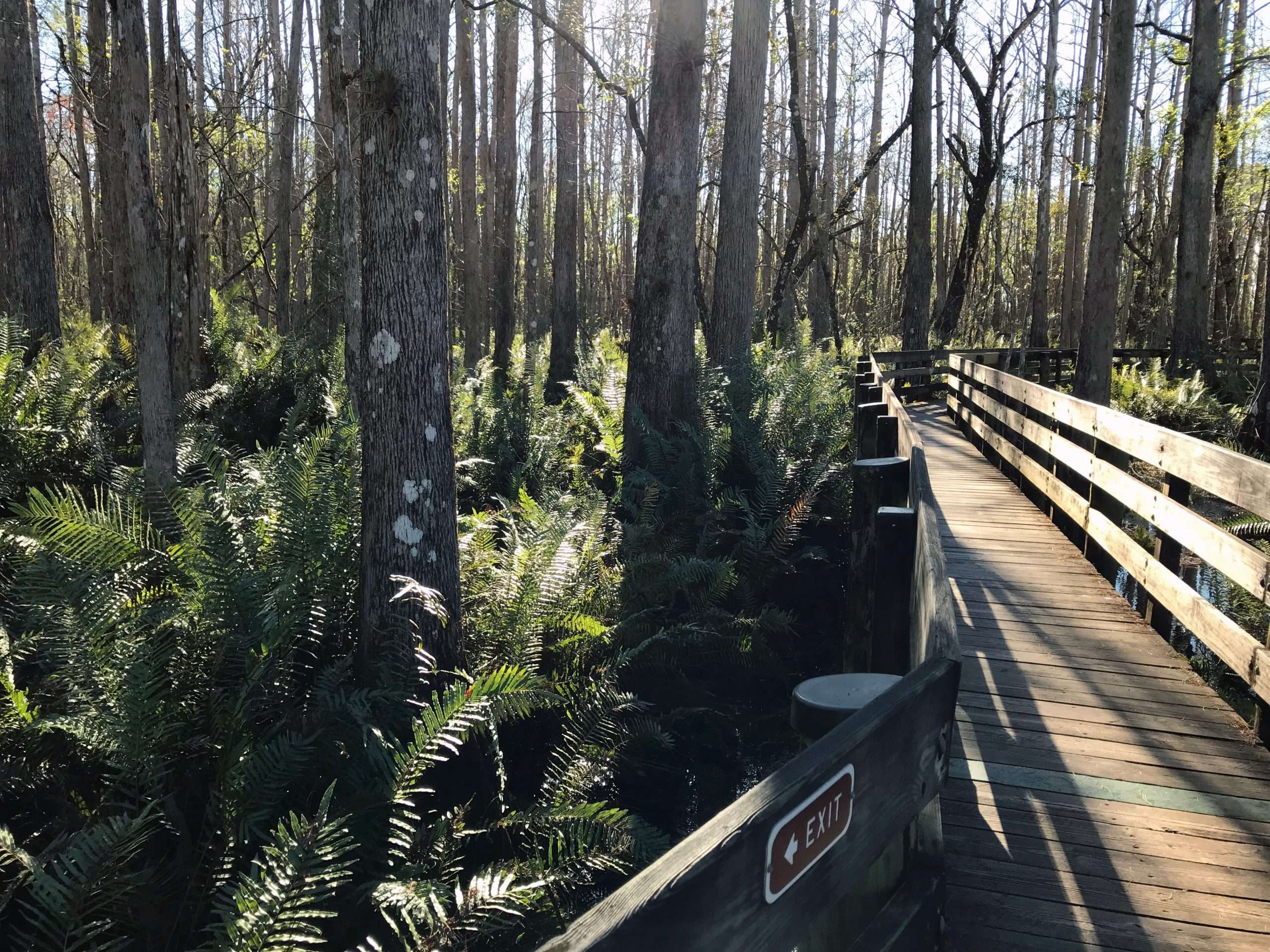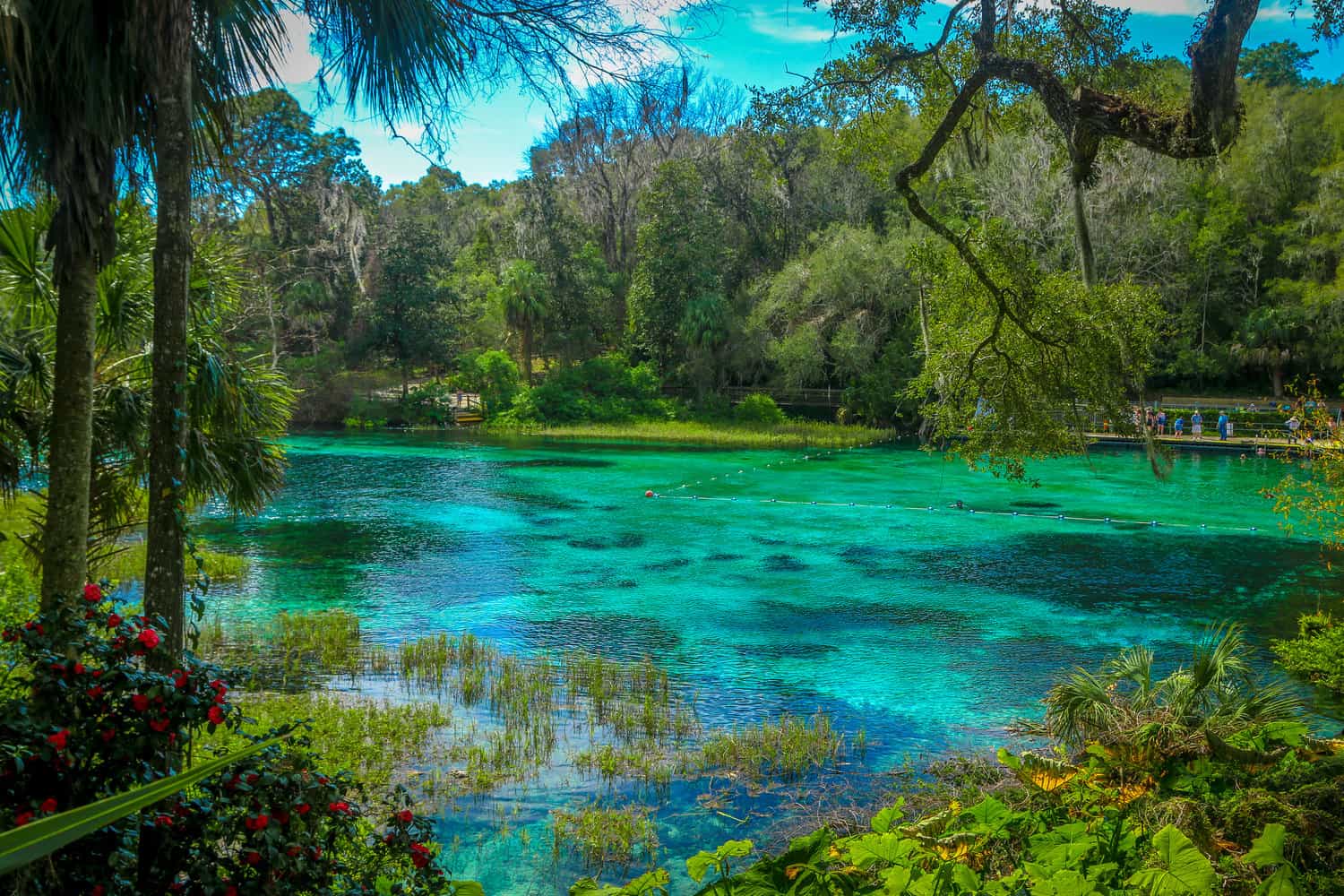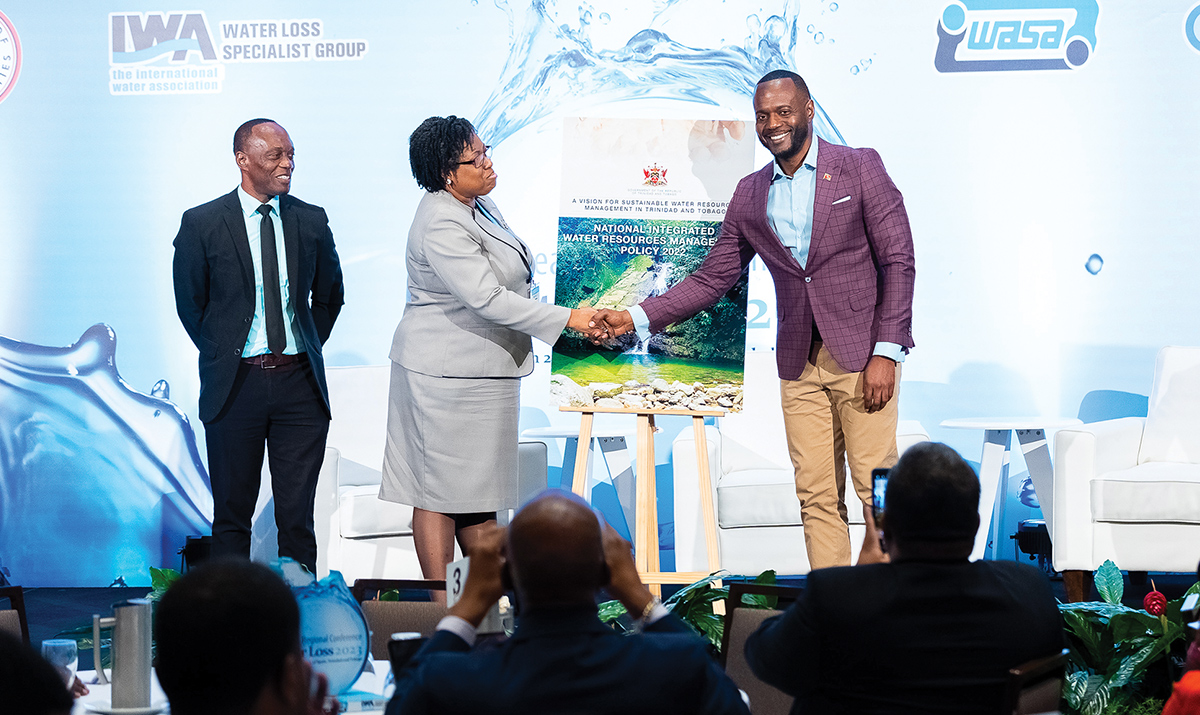Off Grid Living Laws Florida: Navigating the Sunshine State’s regulations for those seeking a self-sufficient lifestyle presents a unique set of challenges and opportunities. This exploration delves into the complexities of building codes, water rights, energy production, waste management, and zoning laws, providing a comprehensive overview for prospective off-grid homesteaders. Understanding these legal frameworks is crucial for anyone dreaming of escaping the grid in Florida’s diverse landscapes.
From securing permits for off-grid structures and renewable energy systems to complying with regulations on water usage and waste disposal, the path to self-sufficiency requires careful planning and adherence to Florida’s specific legal requirements. This guide aims to illuminate the process, outlining potential pitfalls and highlighting resources available to help navigate the intricacies of off-grid living in the state.
Florida Building Codes and Off-Grid Living
Navigating the world of off-grid living in Florida requires a thorough understanding of the state’s building codes and permitting processes. These regulations, while sometimes complex, are designed to ensure public safety and environmental protection, even for those choosing a self-sufficient lifestyle. The specific requirements vary significantly depending on the location and the nature of the off-grid structure.
Impact of Florida Building Codes on Off-Grid Dwelling Construction
Florida building codes, primarily governed by the Florida Building Code (FBC), impact off-grid dwelling construction in several key areas. While some aspects, such as electrical and plumbing, might require different approaches due to the lack of grid connection, the FBC still mandates adherence to standards concerning structural integrity, fire safety, and wind resistance. For example, even an off-grid cabin must meet minimum requirements for wind load resistance based on its location’s hurricane zone classification.
Similarly, the materials used in construction, including lumber grading and fire-resistant treatments, must comply with the FBC. Furthermore, septic systems and water well installations are subject to stringent regulations designed to protect water quality and prevent environmental contamination. The absence of grid connection does not exempt off-grid structures from these crucial safety and environmental regulations.
Permitting Process for Off-Grid Structures in Florida Counties
The permitting process for off-grid structures varies considerably across Florida’s diverse counties. Generally, the process begins with submitting a detailed application to the county’s building department. This application will require comprehensive plans and specifications for the proposed structure, including detailed drawings, engineering calculations (especially for structural components and septic systems), and proposed materials lists. Some counties might require additional pre-application consultations to ensure compliance with local regulations before formal submission.
Following submission, the county will review the application for compliance with all relevant codes. This review process can take several weeks or even months, depending on the complexity of the project and the workload of the building department. Upon approval, the applicant receives a building permit allowing the commencement of construction. Regular inspections during construction are typically required to verify ongoing compliance.
The specific requirements and timelines should be confirmed directly with the relevant county’s building department.
Building Requirements: Off-Grid vs. Traditional Homes
While both off-grid and traditional homes in Florida must adhere to the FBC’s fundamental safety and structural requirements, key differences exist. Traditional homes rely on grid-connected utilities, simplifying compliance in areas like electrical and plumbing. Off-grid homes require alternative solutions, such as solar power systems, rainwater harvesting, and septic systems. These alternative systems must meet specific performance standards and undergo rigorous inspections to ensure they provide equivalent safety and functionality to grid-connected counterparts.
For example, a solar power system needs to be designed and installed by a licensed contractor and meet specific electrical codes for safety. Similarly, septic systems must meet stringent size and design requirements based on the occupancy and soil conditions. The design and installation of these systems often requires specialized engineering expertise.
Sample Permit Application: Off-Grid Cabin in Rural Florida
This is a hypothetical example and should not be considered a substitute for professional guidance. Actual requirements vary by county. Applicant: [Applicant Name] Address: [Applicant Address] Property Address: [Property Address – Rural Location] Project Description: Construction of a single-family off-grid cabin. Square Footage: 600 sq ft Proposed Materials: [Detailed list of building materials, including lumber type, roofing materials, etc.] Septic System: [Detailed description of septic system, including type, size, and engineering plans.] Water Supply: [Description of water supply, e.g., well with pumping system, rainwater harvesting] Electrical System: [Description of electrical system, e.g., solar panels, battery bank, inverter, etc., including specifications and capacity.] Drawings: [Attached architectural plans, engineering drawings, and septic system design] Other Documentation: [Any other required documents, such as proof of land ownership, contractor licenses, etc.]
Building Code Requirements for Off-Grid Septic Systems Across Three Florida Counties
| County | Minimum Septic Tank Size (gallons) | Required Soil Testing | Permitting Fees |
|---|---|---|---|
| Alachua | 1000 (Example – Actual size depends on occupancy) | Yes, required by state and county regulations | Varies, check county website |
| Collier | 1500 (Example – Actual size depends on occupancy) | Yes, required by state and county regulations | Varies, check county website |
| Levy | 750 (Example – Actual size depends on occupancy) | Yes, required by state and county regulations | Varies, check county website |
Water Rights and Usage for Off-Grid Properties in Florida

Navigating the legal landscape of water rights in Florida for off-grid living requires a careful understanding of state regulations and local ordinances. While the allure of self-sufficiency is strong, responsible water management is paramount, balancing individual needs with environmental protection. This overview examines the key aspects of water rights and usage for off-grid properties within the Sunshine State.Florida’s water resources are governed by a complex interplay of state and local laws.
The primary legal framework stems from the state’s water resources management system, which prioritizes the equitable distribution and sustainable use of water resources. This framework influences how off-grid landowners can access and utilize water sources on their properties. While the state encourages water conservation, the specific regulations vary depending on the location and the type of water source used.
Rainwater Harvesting Regulations
Rainwater harvesting is generally encouraged in Florida as a sustainable water source, particularly for off-grid properties. However, regulations exist to prevent the depletion of groundwater resources and to ensure public health. Permits may be required for large-scale rainwater harvesting systems, and certain restrictions might apply concerning the storage capacity and the intended use of collected water. For instance, using harvested rainwater for potable purposes may necessitate additional treatment and adherence to specific water quality standards.
Local county regulations often add layers of specificity, so consulting local authorities before installing a rainwater harvesting system is crucial.
Well Usage Regulations
The use of wells for off-grid properties falls under the jurisdiction of the Florida Department of Environmental Protection (DEP). Obtaining a well permit is typically mandatory, and the process involves submitting an application detailing the well’s location, intended use, and anticipated water withdrawal rate. The DEP assesses the application based on factors such as the proximity to other water sources, the potential impact on groundwater levels, and the well’s construction specifications.
Failure to comply with well permit requirements can lead to penalties and legal action. Furthermore, well yield – the amount of water a well can produce – varies considerably depending on geological conditions, potentially affecting the feasibility of off-grid living in certain areas.
Legal Grey Areas Concerning Water Usage, Off grid living laws florida
One significant grey area lies in the definition of “reasonable use” of water. While the state promotes water conservation, the exact parameters of “reasonable use” for off-grid properties remain somewhat undefined. This ambiguity can lead to conflicts if an off-grid landowner’s water usage is perceived as excessive or detrimental to neighboring properties or the environment. Another grey area involves the use of water for agricultural purposes on off-grid land.
The balance between personal consumption and agricultural production can create complexities in permit applications and water usage assessments.
Conflicts Between Off-Grid Water Usage and Environmental Protection
Potential conflicts arise when off-grid water usage impacts protected wetlands, springs, or other sensitive ecosystems. Over-extraction of groundwater, for example, can lead to reduced water levels in nearby springs or wetlands, potentially harming the delicate ecological balance. Similarly, improper disposal of wastewater from off-grid properties can contaminate surface water and groundwater resources, posing risks to human health and the environment.
DEP regulations are designed to prevent such impacts, but enforcement and monitoring can be challenging, especially in remote off-grid locations.
State-Level Programs Supporting Sustainable Water Management
Florida offers various programs to promote water conservation and sustainable water management practices. While not exclusively focused on off-grid properties, these initiatives can indirectly benefit off-grid landowners. The DEP provides resources and educational materials on water conservation techniques, including rainwater harvesting and efficient irrigation practices. Furthermore, some state and local grants may be available to support the implementation of water-efficient technologies on private properties, although eligibility criteria often vary.
These programs encourage responsible water usage and contribute to the overall sustainability of water resources in the state.
Explore the different advantages of off grid living essentials that can change the way you view this issue.
Waste Management and Sewage Disposal in Off-Grid Florida: Off Grid Living Laws Florida
Off-grid living in Florida presents unique challenges regarding waste management and sewage disposal. Meeting Florida’s environmental regulations while maintaining a sustainable lifestyle requires careful planning and adherence to specific guidelines. Understanding these regulations is crucial for responsible and legal off-grid living.
Septic System Installation and Maintenance Requirements
Florida’s Department of Health regulates on-site sewage disposal systems, including septic tanks. For off-grid properties, obtaining a permit for septic system installation is mandatory. This process involves submitting detailed plans to the local health department, which will review the proposed system’s design to ensure it meets the state’s minimum requirements concerning tank size, drainage field area, and soil suitability.
Regular maintenance, including pumping and inspection, is also legally required to prevent environmental contamination and ensure the system’s longevity. Failure to comply can result in significant fines and legal action. The frequency of pumping depends on factors like household size and water usage, but generally, it’s recommended every 3-5 years.
Regulations Concerning Greywater Recycling and Composting Toilets
Greywater recycling, the reuse of wastewater from showers, sinks, and laundry, is gaining popularity in Florida, but it’s subject to specific regulations. The Florida Department of Environmental Protection (FDEP) provides guidance on acceptable greywater systems, emphasizing proper treatment and disposal to prevent contamination. Composting toilets, which convert human waste into compost, offer a sustainable alternative to traditional septic systems.
However, their use must comply with local health department regulations, which may vary across counties. Some counties may require specific certifications or permits for composting toilets, while others might have restrictions on their installation based on soil type and proximity to water sources.
Examples of Innovative and Legally Compliant Waste Management Solutions
Several innovative waste management solutions are compatible with Florida’s off-grid regulations. Advanced septic systems, such as those incorporating constructed wetlands or advanced treatment units, can significantly reduce the environmental impact. These systems often require more upfront investment but offer superior treatment capabilities and can handle higher volumes of wastewater. Rainwater harvesting systems can supplement water supplies, reducing reliance on septic systems.
Properly designed greywater recycling systems, incorporating filtration and UV disinfection, can further minimize wastewater discharge. The integration of these systems requires careful planning and professional design to ensure compliance with all applicable regulations.
Potential Environmental Concerns Related to Off-Grid Waste Management Practices
Improperly managed off-grid waste can pose significant environmental risks. Septic system failures can lead to groundwater contamination, affecting drinking water supplies and harming aquatic ecosystems. Inadequate greywater treatment can introduce pollutants into the soil and surface water. Improperly managed composting toilets can attract pests and release unpleasant odors if not properly maintained. These issues can lead to violations of Florida’s water quality standards and result in legal repercussions.
Regular maintenance and professional system design are critical to mitigating these risks.
Obtaining Permits and Inspections for Off-Grid Waste Management Systems
The process of obtaining permits and inspections for off-grid waste management systems varies depending on the specific county and the type of system. Typically, applicants must submit detailed plans to the local health department, including site assessments, system designs, and specifications of materials. The health department reviews the plans to ensure compliance with state and local regulations. Once approved, the system is installed, and inspections are conducted at various stages of construction to verify compliance.
Final inspection and approval are required before the system can be put into operation. Failure to obtain necessary permits and pass inspections can result in fines and legal action.
Wildlife and Environmental Considerations for Off-Grid Properties

Florida’s unique ecosystem, teeming with diverse wildlife and fragile habitats, presents specific challenges and opportunities for off-grid living. Balancing the desire for self-sufficiency with the imperative to protect the environment requires careful planning and adherence to existing regulations. This necessitates a deep understanding of Florida’s wildlife protection laws and the potential environmental impact of off-grid development.Florida’s wildlife protection laws are extensive, encompassing everything from endangered species protection to habitat preservation.
The Florida Fish and Wildlife Conservation Commission (FWC) plays a central role in enforcing these laws, and their regulations significantly impact how off-grid properties can be developed and managed. Activities such as land clearing, construction, and even the introduction of domestic animals can have unintended consequences for local wildlife. Understanding these regulations is crucial for avoiding legal issues and contributing to the preservation of Florida’s natural heritage.
Florida’s Wildlife Protection Regulations and Off-Grid Living
Off-grid living in Florida necessitates compliance with numerous state and federal wildlife protection laws. These laws often restrict development in sensitive areas, such as wetlands and areas designated as critical wildlife habitats. For example, the Endangered Species Act prohibits the harming or harming of habitat for listed species. Similarly, state regulations may restrict the clearing of vegetation or the alteration of natural watercourses without proper permits.
Before undertaking any development, off-grid dwellers must thoroughly research and obtain all necessary permits from the FWC and other relevant agencies. Failure to do so can result in significant fines and legal repercussions. The process often involves submitting detailed plans and undergoing environmental impact assessments.
Environmental Impact Assessment Process for Off-Grid Development
The environmental impact assessment (EIA) process for off-grid development projects in Florida aims to identify and mitigate potential negative impacts on the environment. While the specific requirements vary depending on the project’s scale and location, a comprehensive EIA typically involves a detailed site analysis, identification of potential impacts on water quality, wildlife, and vegetation, and the development of mitigation strategies.
The assessment might include surveys of local flora and fauna, hydrological studies, and an evaluation of potential soil erosion. The findings of the EIA are then used to inform the design and implementation of the off-grid project, ensuring minimal environmental disruption. This process is vital for ensuring sustainable off-grid living and protecting Florida’s natural resources.
Sustainable Practices for Minimizing Environmental Footprint
Sustainable practices are essential for minimizing the environmental impact of off-grid living in Florida. These practices include employing water conservation techniques such as rainwater harvesting and greywater recycling, using renewable energy sources like solar and wind power, and implementing waste management strategies that minimize landfill contributions. Selecting native plants for landscaping helps to support local ecosystems and reduce the need for irrigation and pesticides.
Careful site selection and design can further minimize the project’s footprint and prevent habitat fragmentation. Examples of such sustainable practices include building with locally sourced, recycled materials, employing passive solar design principles, and creating wildlife corridors to maintain habitat connectivity.
Potential Conflicts Between Off-Grid Development and Habitat Preservation
Conflicts between off-grid development and habitat preservation can arise when development encroaches on sensitive ecological areas or disrupts the natural flow of watercourses. The construction of roads and buildings can fragment habitats, leading to reduced biodiversity and increased vulnerability of wildlife populations. Improper waste disposal can pollute water sources and soil, harming both wildlife and human health. The introduction of non-native plants or animals can outcompete native species, leading to a decline in biodiversity.
Careful planning and adherence to environmental regulations are crucial to mitigating these conflicts and ensuring that off-grid development coexists with habitat preservation.
Potential Impacts of Off-Grid Living on Local Ecosystems and Wildlife
The potential impacts of off-grid living on local ecosystems and wildlife populations are significant and can include habitat loss and fragmentation, water pollution from improper waste disposal, introduction of invasive species, and disturbance of wildlife through noise and human activity. These impacts can lead to a decline in biodiversity, reduced wildlife populations, and disruption of ecological processes.
Careful consideration of these potential impacts during the planning and implementation phases of an off-grid project is crucial to minimize negative consequences. The adoption of sustainable practices and strict adherence to environmental regulations are essential for ensuring the long-term health of Florida’s ecosystems and the preservation of its rich biodiversity.
Successfully establishing an off-grid existence in Florida demands meticulous attention to detail and a thorough understanding of the state’s diverse regulations. While challenges exist, the rewards of self-sufficiency and connection with nature are significant. This guide serves as a starting point for those seeking to embrace this unique lifestyle, encouraging further research and consultation with relevant authorities to ensure compliance and a sustainable future.
The journey to off-grid living is a complex one, but with careful planning and a commitment to responsible land stewardship, it can be a rewarding and fulfilling experience.


